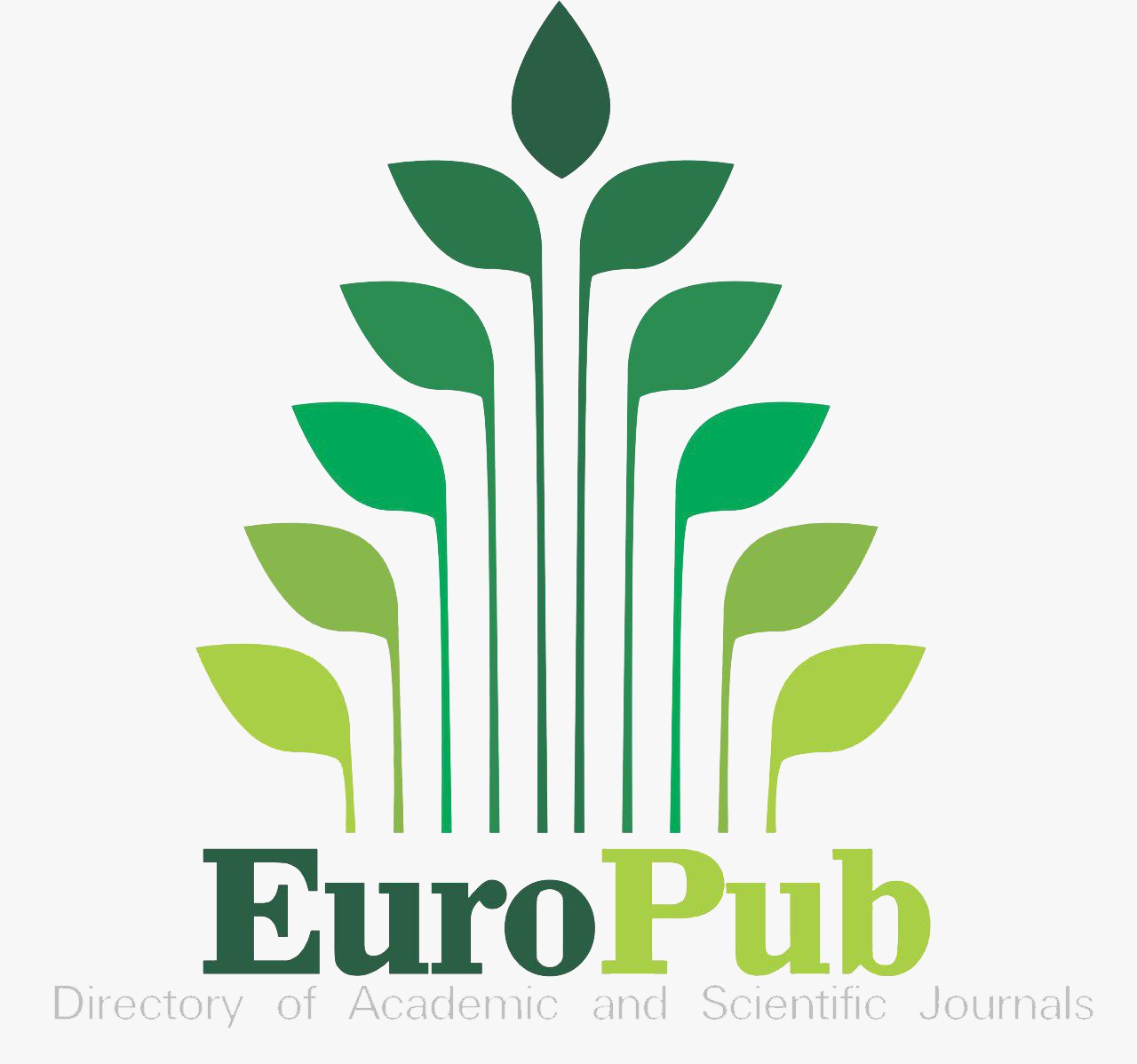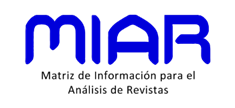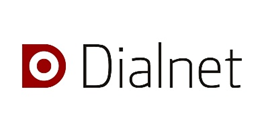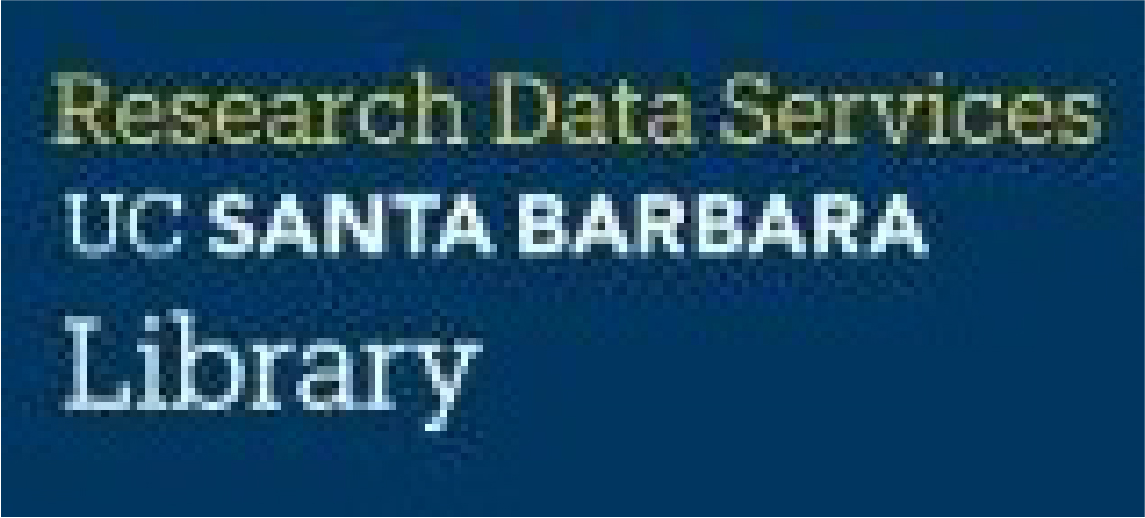THE INFLUENCE OF ARTIFICIAL INTELLIGENCE ON CRITICAL THINKING IN SECONDARY SCHOOL STUDENTS
DOI:
https://doi.org/10.56219/dialctica.v1i25.3882Keywords:
thinking, students, dependence, technology, educationalAbstract
The present article aimed to reflect on the impact of artificial intelligence (AI) on the learning process of secondary school students, specifically concerning the development of critical thinking and the ability to learn autonomously. To address this goal, the existing literature on the use of AI tools in education was reviewed, case studies were analyzed, and the implications of technology in education were debated. The results indicated that, while AI can offer significant advantages, such as personalized learning and continuous support, there is also the risk of dependency that might reduce students' motivation to acquire knowledge independently. The reflection suggested that excessive use of AI could lead to a decline in critical skills and autonomous capability. In conclusion, the article emphasized the importance of balancing the integration of AI in education to ensure that these tools complement rather than replace the autonomous learning process, thus promoting a comprehensive development of students' educational competencies.
Downloads
References
Alpizar, L. (2024). Perspectiva de estudiantes de nivel medio superior respecto al uso de la inteligencia artificial generativa en su aprendizaje. Revista Iberoamericana para la investigación y el desarrollo educativo, 14(28), 5-13. https://doi.org/https://www.ride.org.mx/index.php/RIDE/article/view/1830 DOI: https://doi.org/10.23913/ride.v14i28.1830
Bernal, C. (2020). Tecnologías emergentes en el proceso de enseñanza-aprendizaje: hacia el desarrollo del pensamiento crítico. Revista de Pedagogía, 23(3), 8-15. https://doi.org/https://revistas.um.es/reifop/article/view/435611 DOI: https://doi.org/10.6018/reifop.435611
Burgos, E. (2024). El pensamiento crítico y la inteligencia artificial: perspectivas y críticas. Repositorio Institucional: https://saber.ucab.edu.ve/items/1b80f93f-f4cb-4fad-b58c-0c2bc14acd02 DOI: https://doi.org/10.62876/tc.v1i48.6575
Castiblanco, A. (2023). Fortalecimiento de las habilidades de pensamiento crítico y resolución de problemas geométricos mediante la incorporación de tecnologías de aprendizaje y conocimiento (TAC) con inteligencia artificial (IA) en estudiantes de séptimo grado de la Estrategia . Repositorio Institucional: https://repository.unad.edu.co/handle/10596/62991
Castillo, D. (2023). La influencia de la inteligencia artificial en la personalización del aprendizaje: Perspectivas y desafíos en la educación. Revista Ingenio Global, 2(2), 2-8. https://doi.org/https://editorialinnova.com/index.php/rig/article/view/64 DOI: https://doi.org/10.62943/rig.v2n2.2023.64
Gomez, A., & Herrán, G. (2020). Desarrollo del pensamiento crítico en estudiantes de Educación Secundaria: Diseño, aplicación y evaluación de un programa educativo. Revista Profesorado, 22(4), 10-25. https://doi.org/https://revistaseug.ugr.es/index.php/profesorado/article/view/8416
Gonzalez, T., & Ortega, J. (2024). La inteligencia artificial y su influencia en el rendimiento académico de los estudiantes. Revista de Investigación, 3(1), 2-10. https://doi.org/https://pablolatapisarre.edu.mx/revista/index.php/rmiie/ article/view/69 DOI: https://doi.org/10.62697/rmiie.v3i1.69
Herrera, M. (2023). Impacto de la inteligencia artificial en el proceso de enseñanza y aprendizaje en la educación secundaria. Dialnet, 4(6), 2-10. https://doi.org/https://dialnet.unirioja.es/servlet/articulo?codigo=9586726 DOI: https://doi.org/10.56712/latam.v4i6.1459
Párraga, W. (2024). La inteligencia artificial ChatGPT y su influencia en los resultados de aprendizaje de los estudiantes de educación básica superior. Dialnet, 5(3), 2-10. https://doi.org/https://dialnet.unirioja.es/servlet/articulo?codigo=9598053 DOI: https://doi.org/10.56712/latam.v5i3.2195
Rigueira, X. (2023). Impacto de la inteligencia artificial en los métodos de evaluación en la educación primaria y secundaria: revisión sistemática de la literatura. Revista de Psicodidactica, 28(2), 2-10. https://doi.org/https://www.sciencedirect.com/ science/article/pii/S1136103423000114 DOI: https://doi.org/10.1016/j.psicod.2023.06.001
Rivero, P. (2023). Progresión del pensamiento histórico en estudiantes de secundaria: fuentes y pensamiento crítico. Revista de Investigación Educativa, 25(1), 2-10. https://doi.org/https://www.scielo.org.mx/scielo.php?pid=S1607-40412023000100109&script=sci_arttext DOI: https://doi.org/10.24320/redie.2023.25.e09.4338
Sayad, A. (2024). Inteligencia artificial y pensamiento crítico. Camino para la educación. Repositorio Institucional: https://repository.uniminuto.edu/handle/10656/19201 DOI: https://doi.org/10.26620/uniminuto/978-958-763-716-8
Vera, F. (2023). Interacciones de Estudiantes de Grado con la Inteligencia Artificial Generativa: Estudio de Caso en un Tecnológico Mexicano. Revista Transformar, 4(4), 1-10. https://doi.org/https://www.revistatransformar.cl/index. php/transformar/article/view/106
Downloads
Published
How to Cite
Issue
Section
License
Copyright (c) 2025 DIALÉCTICA

This work is licensed under a Creative Commons Attribution-NonCommercial-ShareAlike 4.0 International License.
La revista Dialéctica conserva los derechos patrimoniales (copyright) de las obras publicadas, que favorece y permite la reutilización de los mismos bajo la licencia Creative Commons Atribución-NoComercial-CompartirIgual 4.0 , por lo cual se pueden copiar, usar, difundir, transmitir y exponer públicamente, siempre que se cite la autoría y fuente original de su publicación (revista, editorial, URL y DOI de la obra), no se usen para fines comerciales u onerosos y se mencione la existencia y especificaciones de esta licencia de uso. Si remezcla, transforma o crea a partir del material, debe distribuir su contribución bajo la misma licencia del original.















